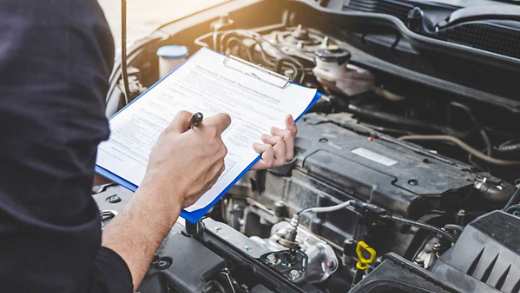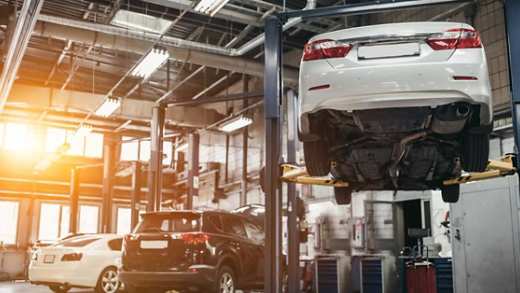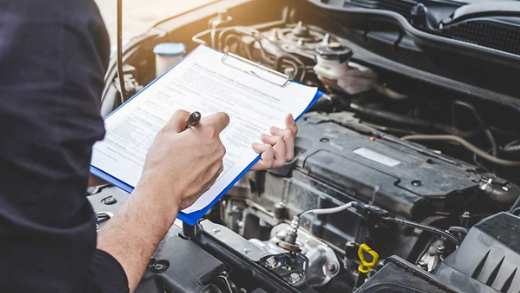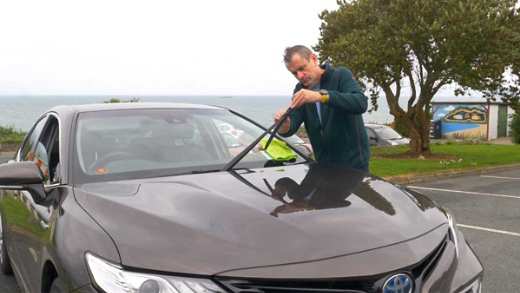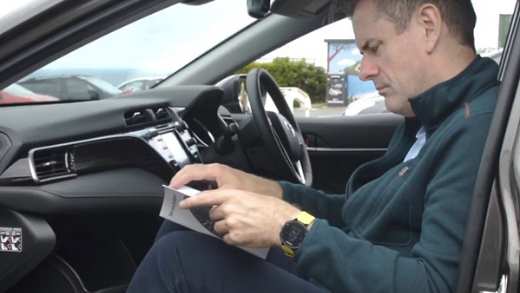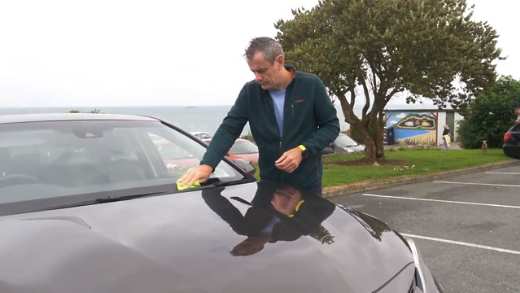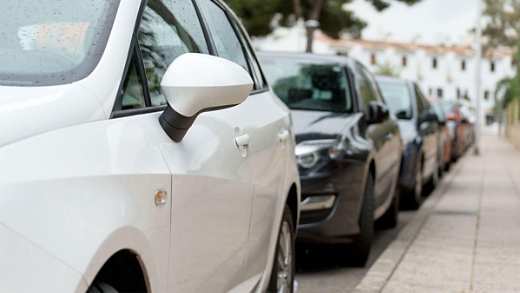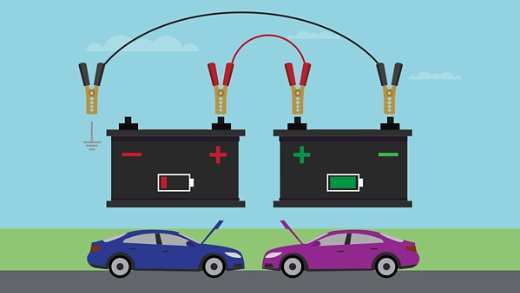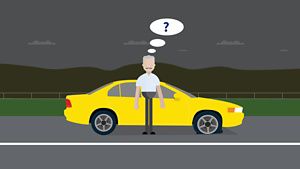Buying a second-hand car can be exciting, but excitement can turn to panic if you discover an issue with your car. Whether you’ve bought through a private deal or through a garage, it’s important to know the steps to take to protect yourself and your wallet if you discover a problem with a second-hand car.
What’s the difference between a Private seller vs a Garage
A private seller will generally have one car to sell and in a private capacity, not as part of a business.
A garage or trader will generally have multiple cars to sell as part of their business and comes under consumer law. The Consumer Rights Act 2022 only applies to consumers and traders.
Be on the lookout for traders disguising themselves as private sellers, as this is illegal and should be reported to the CCPC.
1. Know your rights
As a consumer purchasing a second-hand car, you have rights under Irish consumer protection laws. The Consumer Rights Act (2022) provides protection against faulty goods and unfair practices, and states that you must be offered a repair, replacement, refund or reduction if you buy something that is faulty or doesn't meet the description.
You should also know if you buy from a private seller, you have very few legal rights. Consumer laws only apply to deals between a consumer (a person who buys a good or service for personal consumption) and a trader (a person acting for purposes related to their trade, business or profession)
2. Contact the seller
The first step is to contact the seller or dealership where you purchased the vehicle. Explain the issue in detail and provide any relevant documents, such as the sales contract or warranty information.
You may reach a resolution here without having to go down a legal route. Work with the seller to reach a solution that satisfies both parties. Keep records of all communications and agreements made.
3. Consider Alternative Dispute Resolution (ADR)
If you're unable to resolve the issue directly with the seller, you may consider ADR. This term covers a wide range of processes that are all aimed at resolving disputes out of court. You might go to mediation or arbitration and try to reach a resolution with a third party to help
4. Contact the Competition and Consumer Protection Commission (CCPC)
If you believe the seller has breached consumer protection laws or engaged in unfair practices, you can contact the CCPC for assistance and guidance. They can provide information on your rights as a consumer and may be able to intervene on your behalf to resolve the issue.
5. Seek legal advice
If all else fails and you’re unable to settle the matter out of court, you may need to seek legal advice and pursue legal action against the seller. Find a solicitor who specialises in consumer law to explore your options and determine the best course of action – it may be to go to small claims court to try and get your payment reimbursed.
6. What you can do to avoid issues
Tips from Cars Ireland:
- Conduct a car history background check
- Research your dealership, garage and seller
- Explore reviews
- Ensure you have a contract
Dealing with problems with a second-hand car can be challenging, but by knowing your rights and taking proactive steps, you can navigate the situation effectively.
Once you find the perfect buy, you’ll want to know it’s protected. Buy your car insurance online with Aviva and get a 15% discount. Get your quote today.Footnote [1]

